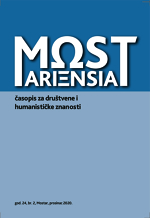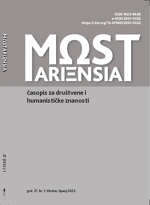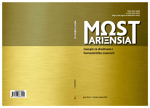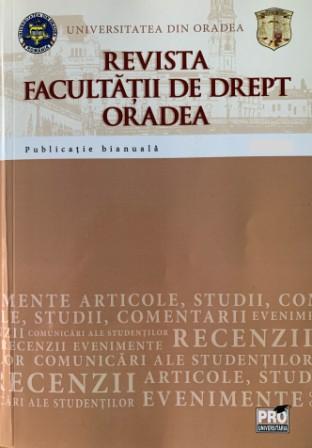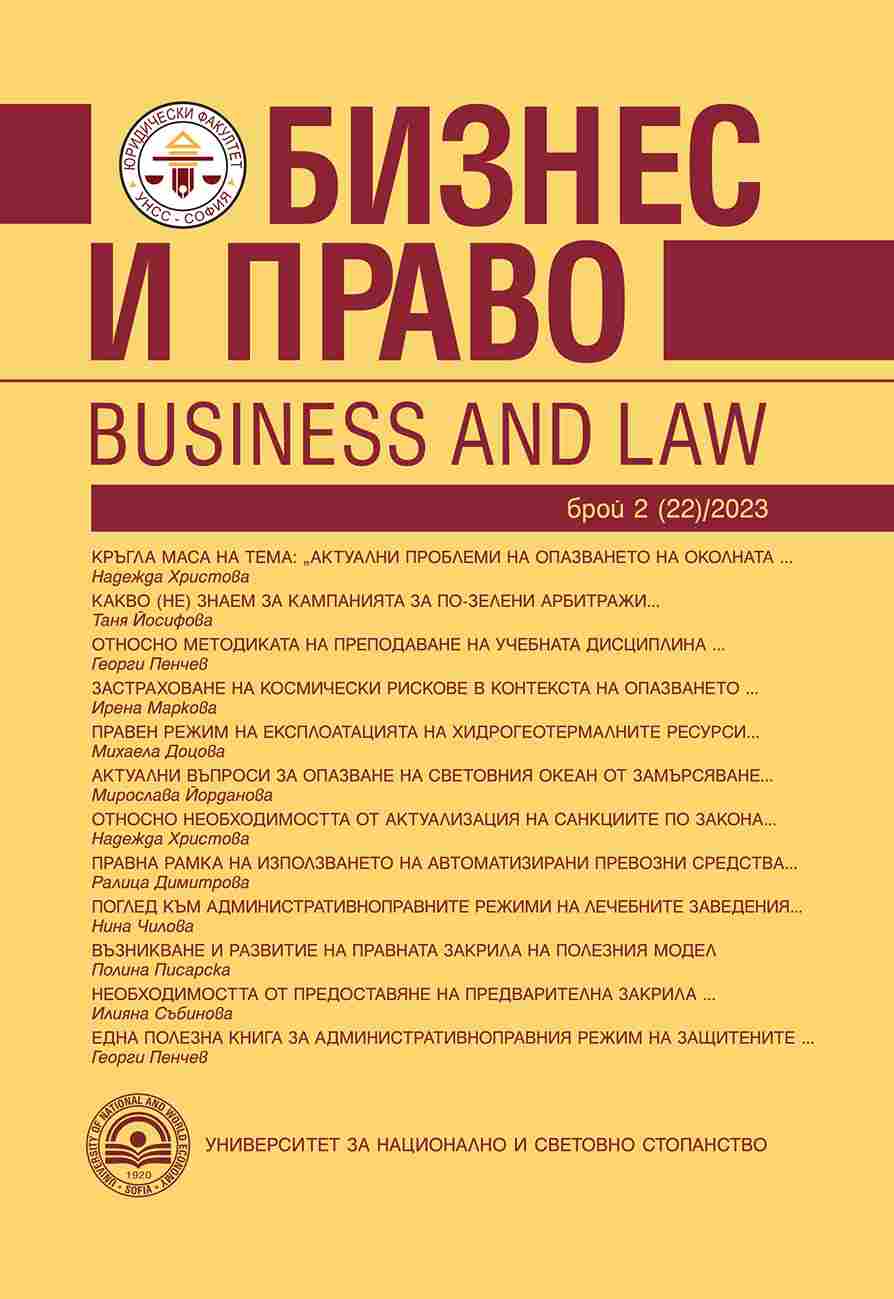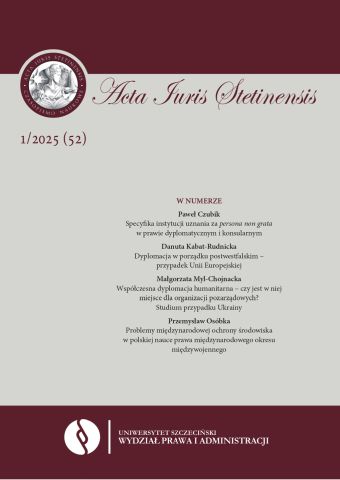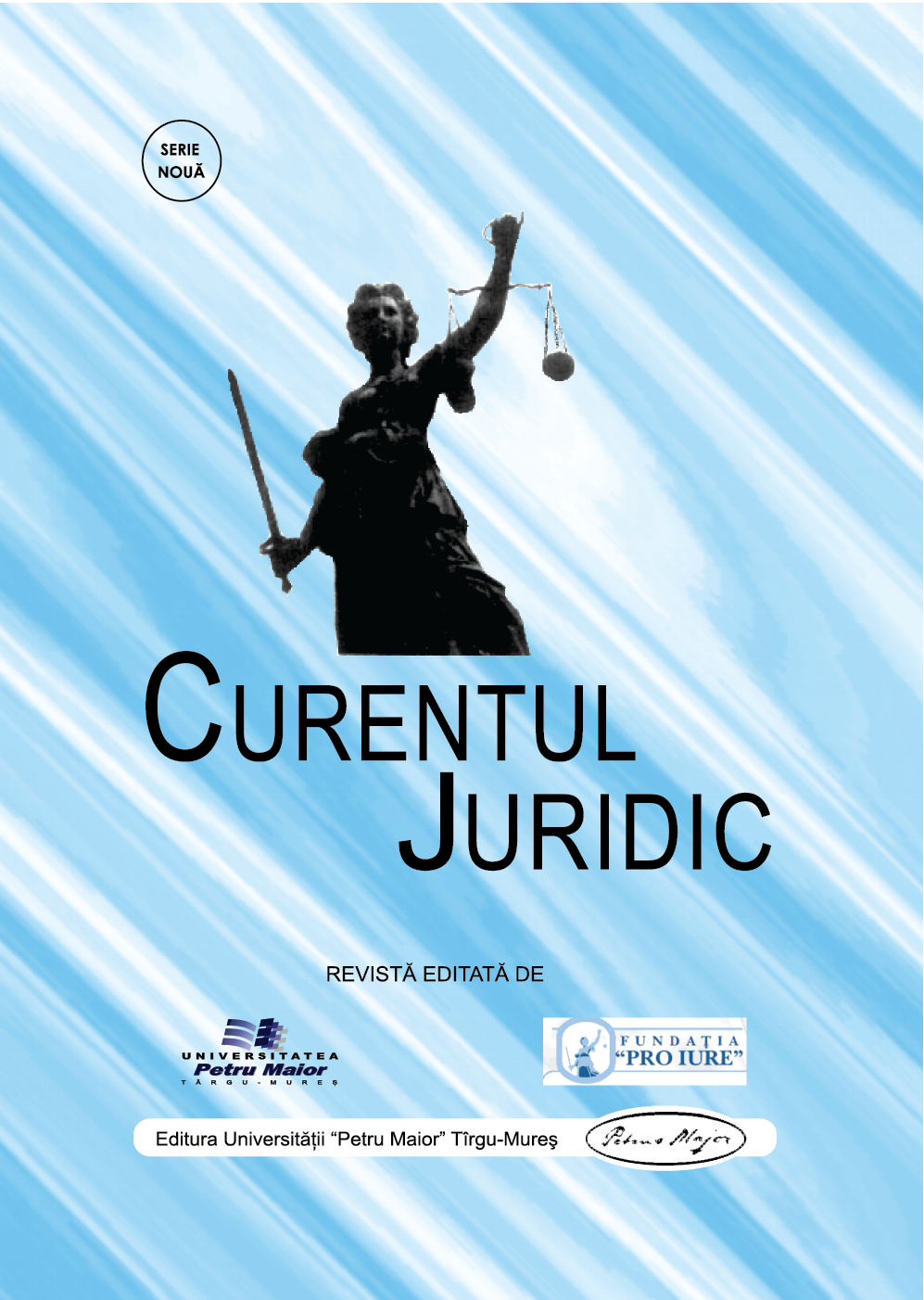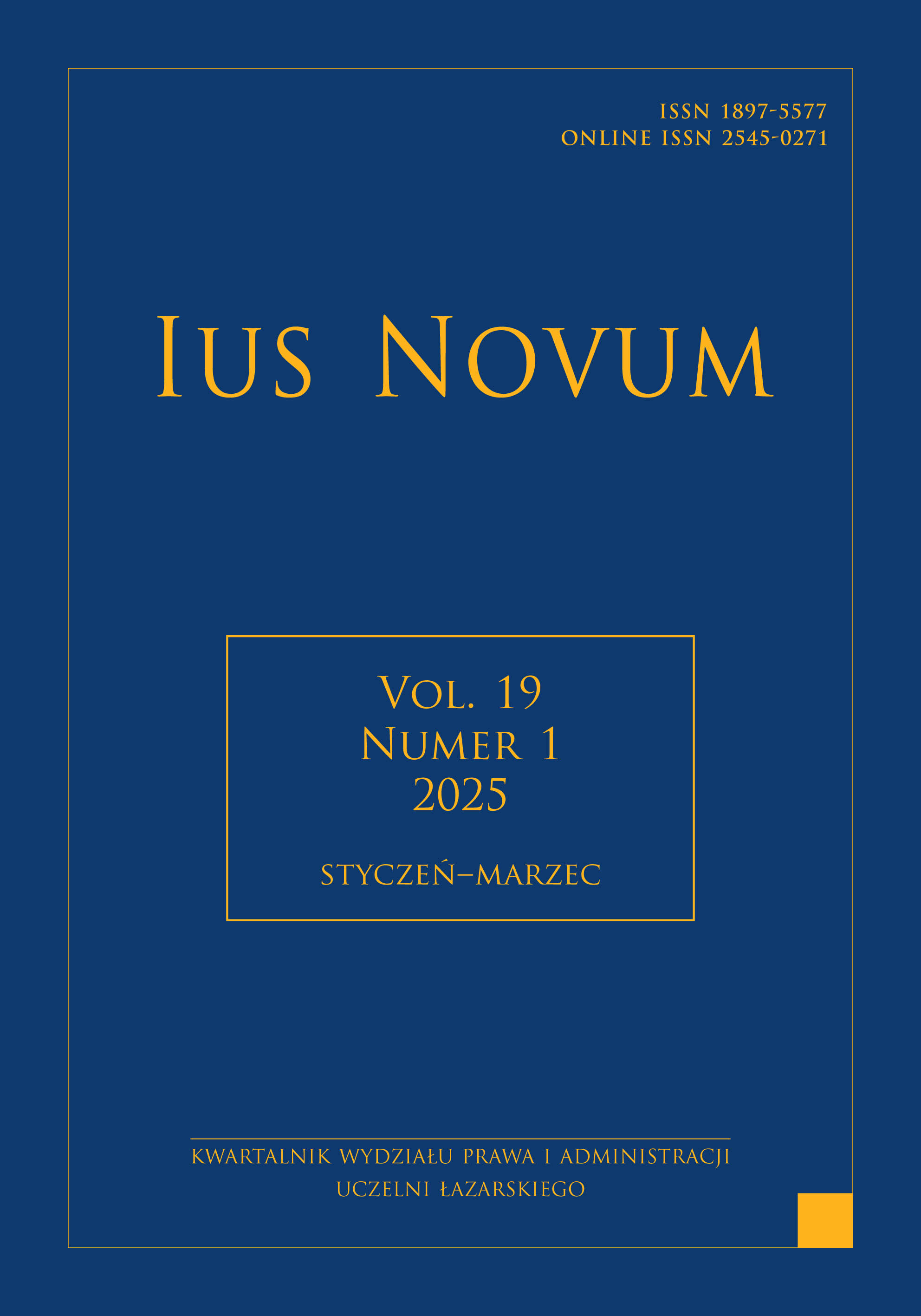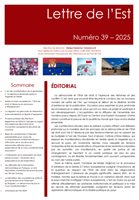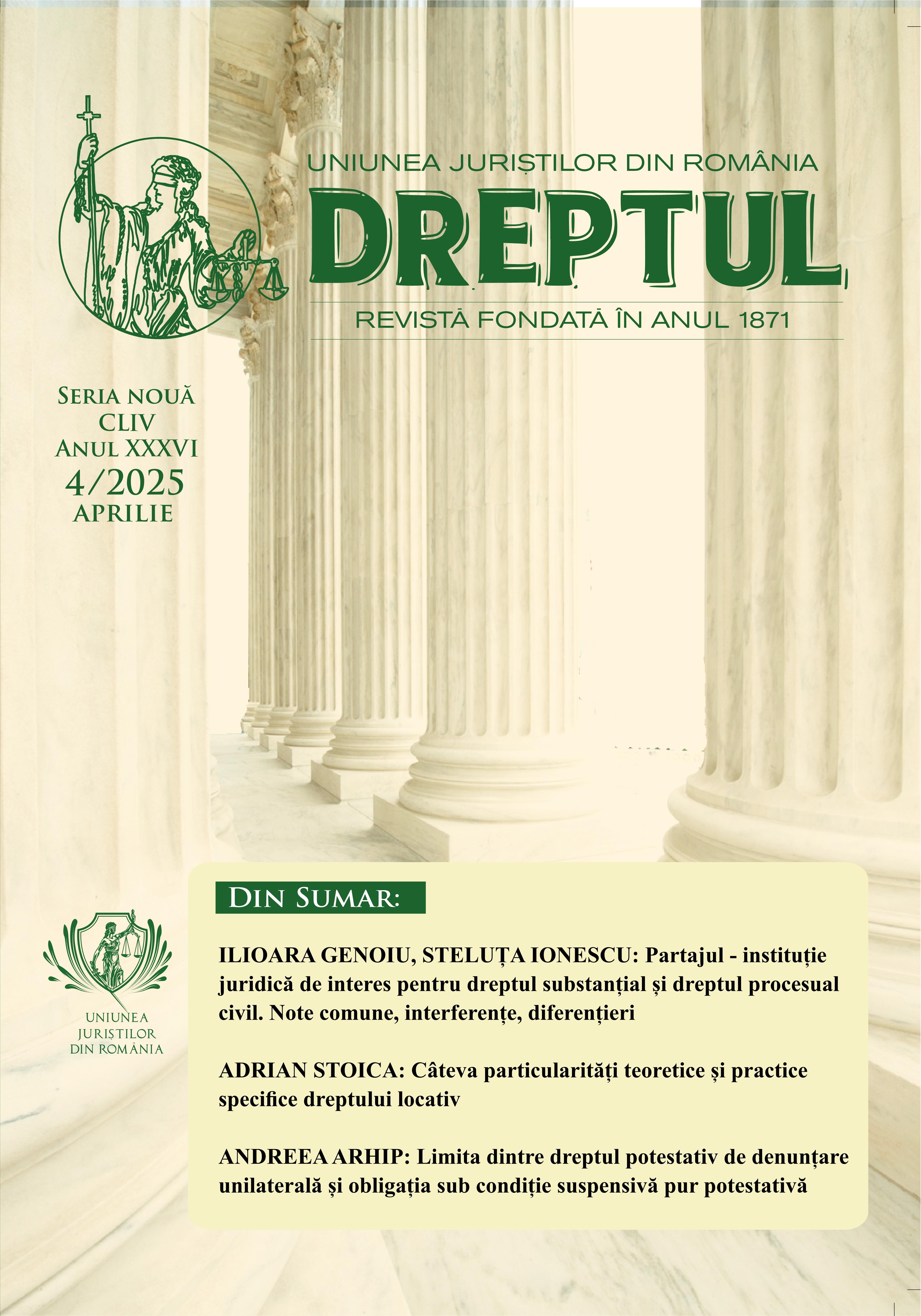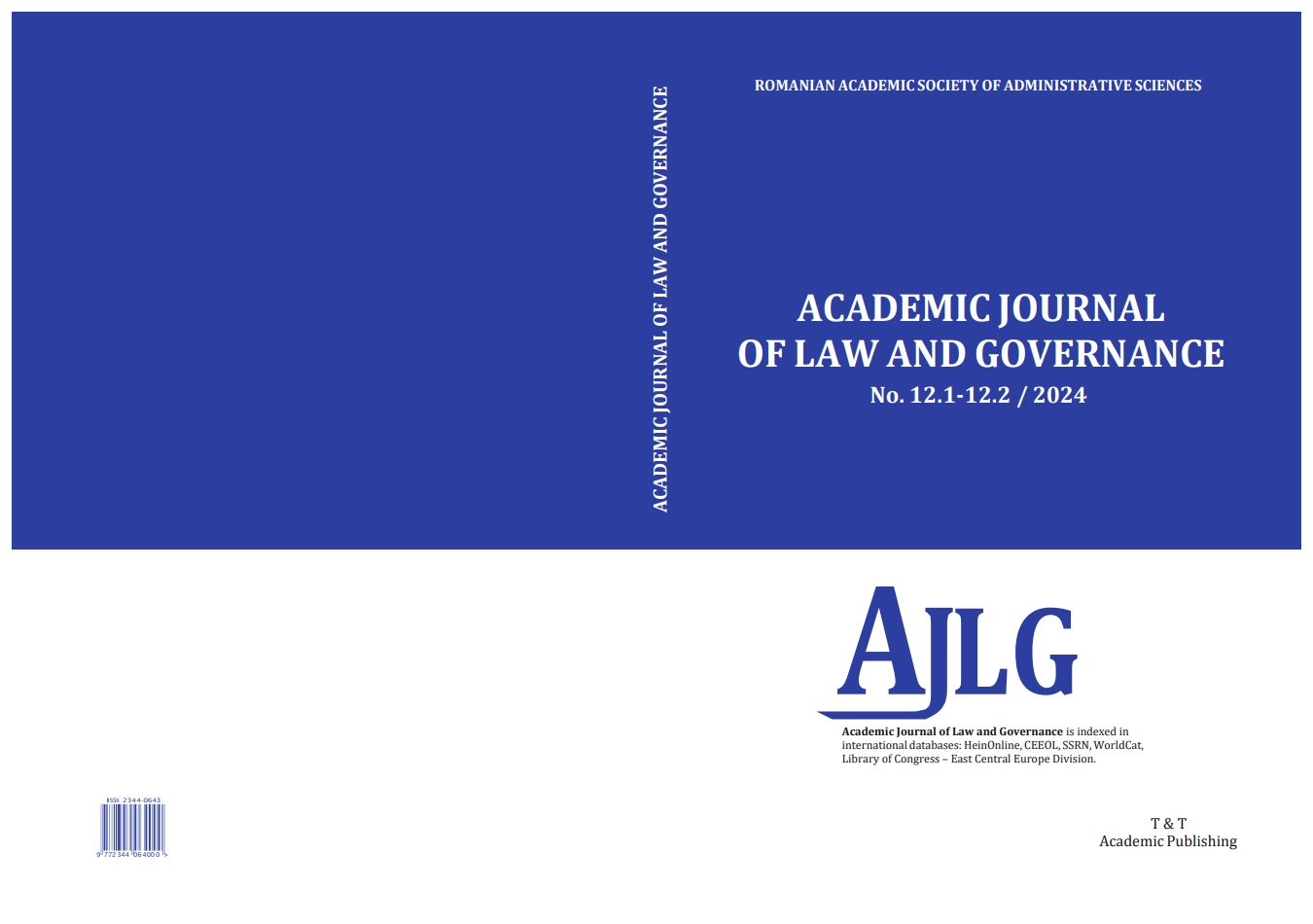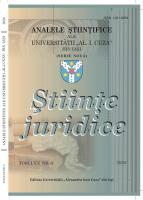Niedopuszczalność przenoszenia na organy władzy wykonawczej decyzji o wyznaczeniu dnia wejścia w życie ustawy
The article analyses a solution that has been present in Polish legislative practice for several years, which entails making the entry into force of an act dependent on the implementation of technical solutions (e.g. the launch of an IT system) that enable the execution of its provisions. In such a case, the statutory provision on entry into force does not specify the date of entry into force of an act, but refers to an announcement by a designated authority, which informs the public of the date of implementation of the required solutions. Based on the analysis of the provisions of the Polish Constitution, the author concluded that the decision on the entry into force of an act is a matter of statutory law, and under the current Polish Constitution, the organs of the legislative authority may not delegate this decision to other bodies. Such a solution violates the principles expressed in Articles 10, 87, and 95(1) of the Polish Constitution. The legislator has the right to make the entry into force of an act conditional on the occurrence of a specific future event, but only on the condition that in doing so transfer the competence to decide on the date of entry into force of an act to other bodies.
More...
